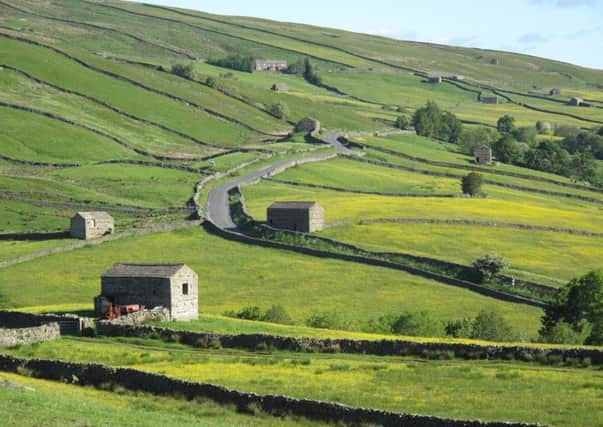Changes to national park planning policy means more homes for local people


Planning laws in the Yorkshire Dales National Park (YDNP) have traditionally barred the conversion of roadside barns, agreeing only those on farms or in built up areas.
But, as Government guidance has changed, so has the authority’s. And now, for the first time, schemes have been passed allowing for a transformation of the rural landscape.
Advertisement
Hide AdAdvertisement
Hide Ad“This is quite a substantial change of policy,” said Peter Stockton, head of sustainable development, adding that it could affect an estimated 850 barns in the area. “Effectively, we are now allowing houses in very isolated locations.”
The planning committee has agreed the applications subject to conditions that they are for local occupancy. This means that whoever buys or lives in them must either work in or have a connection to the area.
“As a result, they are 20 per cent cheaper than they would otherwise be, because we are restricting who can live in them,” said Mr Stockton. “And we are preventing them from being turned into retirement homes or second homes. We already have a lot of them in the park - 22 per cent currently are vacant.
“That’s a very high proportion.”
Planning members passed four schemes, including a former roadside barn outside Austwick and another in Otterburn. A traditional agricultural barn in West Witton, and the conversion of the former Deepdale Methodist Chapel near Dent, were also agreed.
Advertisement
Hide AdAdvertisement
Hide AdRobert Heseltine, member for development management, said: “We are committed to increasing the stock of much-needed local occupancy homes. Without a local occupancy stipulation these barn conversions could well end up being sold on the open market for second homes at the expense of keeping local communities together.”